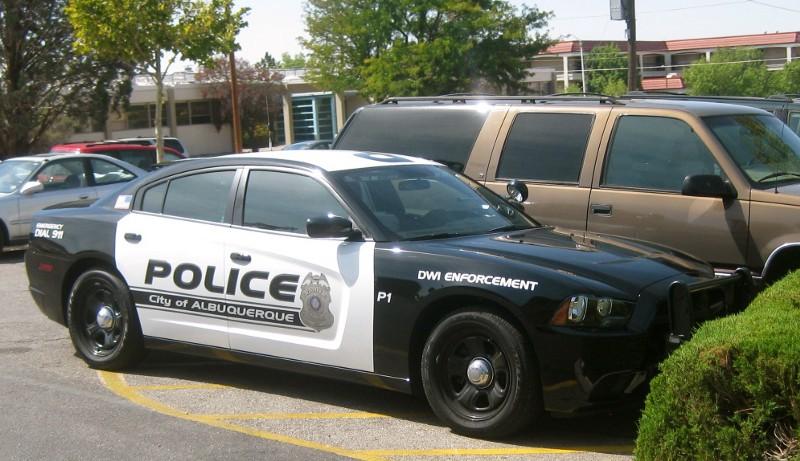The future of civil asset forfeiture in Albuquerque at stake in mayoral race
In 2015, New Mexico became the first state to ban civil asset forfeiture, also known as policing for profit. Law enforcement cannot take people’s valuables and use the civil court system to gain ownership of them. State law now stipulates that cash and property can only be seized by law enforcement and forfeited when the original […]

In 2015, New Mexico became the first state to ban civil asset forfeiture, also known as policing for profit. Law enforcement cannot take people’s valuables and use the civil court system to gain ownership of them. State law now stipulates that cash and property can only be seized by law enforcement and forfeited when the original owner is convicted of a criminal offense and prosecutors prove — in a criminal court — that the assets in question were related to the offense. But this important legislative change hasn’t stopped law enforcement in Albuquerque, the state’s largest municipality, from continuing with the practice. Calling it a “narrowly-tailored nuisance abatement law,” the city has continued to take vehicles from people who are arrested for driving while impaired or driving with a license that was suspended because of an earlier DWI — even if the vehicle doesn’t belong to the driver.
Now, more than two years after New Mexico banned civil asset forfeiture, there’s a possibility that Albuquerque will fall into line with the statewide effort to end the practice. During a mayoral candidate email forum last week, the Albuquerque Free Press asked nine candidates whether they would continue to defy the clear spirit of the state law — and seven said they would end it altogether.
Those in favor of putting a stop to the ordinance agree that cars should only been seized and forfeited if the vehicle’s owner is ultimately convicted. Several raised concerns that police are driven by profit motives, and that the current system violates due process. One candidate noted that car owners can suffer even though they didn’t commit the offense for which the car was taken. One candidate also said it is more difficult for low-income residents to get their property back — alluding to the reality that poor people often lack the financial means, time, and knowledge of the legal system to hire a lawyer who might cost more than the property itself.
According to the Albuquerque Journal, 8,369 cars were seized by the city between 2010 and April 2015. These seizures totaled $8.3 million that was funneled into the city budget. The news organization also found that people whose cars were taken were often presented with financially impossible choices in lieu of forfeiting the car for good: pay thousands of dollars upfront to get the vehicle back or fight for it in court while paying the cost of car storage for months. These choices are offered even if the car owner isn’t the accused offender.
“There are many ways to combat DWI, and the problematic features of civil forfeiture, while seemingly convenient and easy to overlook, do not create an effective, long-term, and fair solution to the problem,” candidate Gus Pedrotty said during last week’s forum. “As it stands, this is a punitive and regressive policy that is contradictory to our goal of having a restorative justice system — we should be wary of any policing-for-profit model.”
Despite the overwhelming inclination to end car seizures in the city, two candidates continued to support the practice. Wayne Johnson says he supports civil forfeiture but not policing for profit. He said he would suspend the program until there are more strict “parameters” for where the money goes. The other candidate, retired Albuquerque Police Department detective Michelle Garcia Holmes, says the program doesn’t go far enough.
“It is another tool in the toolbox for crime prevention,” she said. “I would like to see this practice be utilized in other cases as well, including drug and human trafficking cases.”
The mayoral election results could be a litmus test for the future of civil forfeiture in New Mexico. Albuquerque has already been sued two times for continuing the practice after state law was changed in 2015. The city’s position has been that the practice isn’t actually “civil asset forfeiture” at all, but rather “a narrowly-tailored nuisance abatement law to protect the public from dangerous, repeat DWI offenders and the vehicles they use committing DWI offenses, placing innocent citizens’ lives and property at risk.”
If one of the seven mayoral candidates in favor of ending the practice wins, Albuquerque could send a message to other cities in the state, including capital city Santa Fe, that civil forfeiture will no longer be tolerated. Such a move would bring New Mexico one step closer to truly ending the practice for good.
